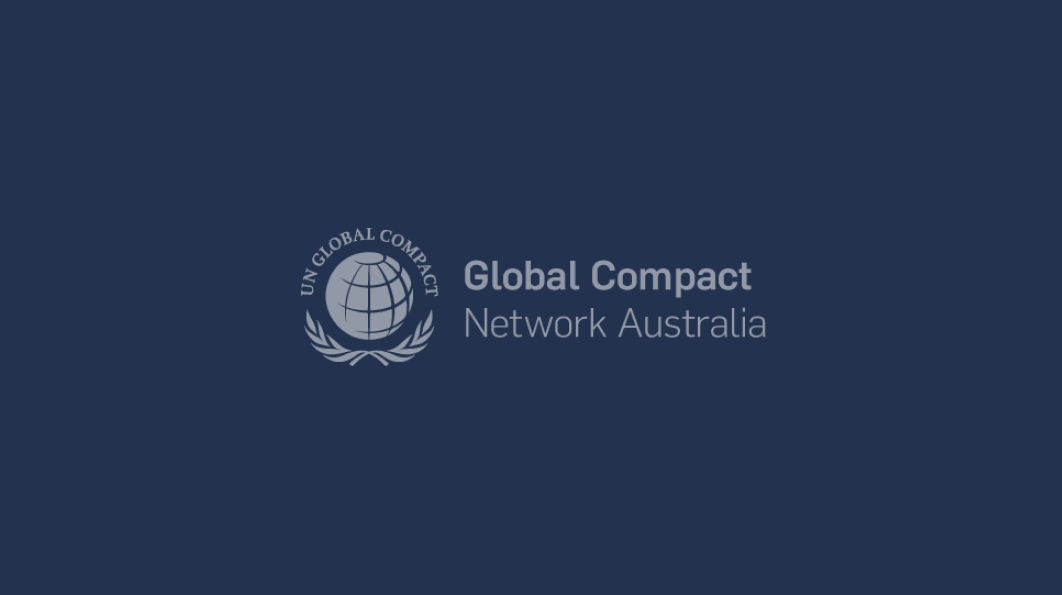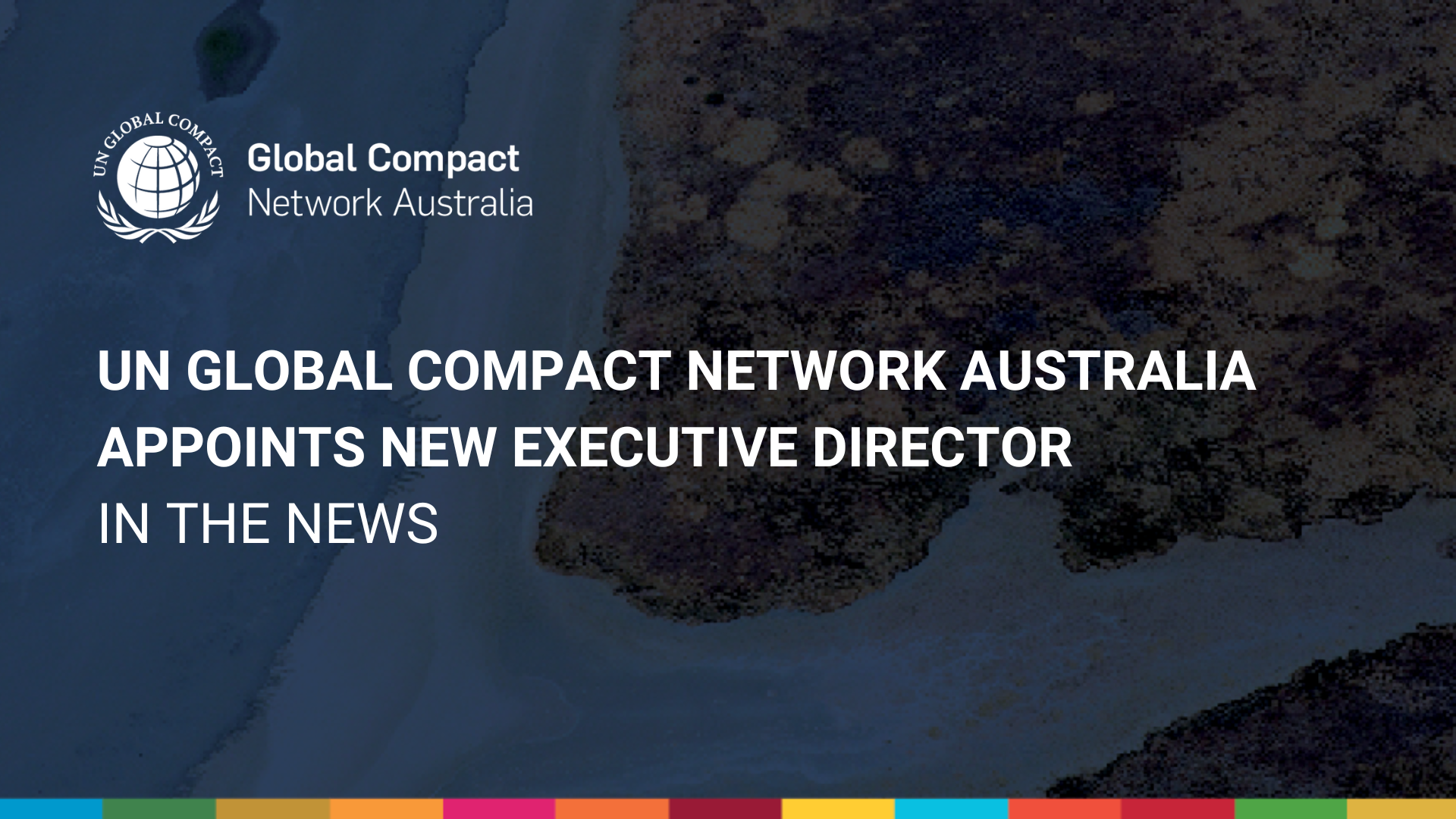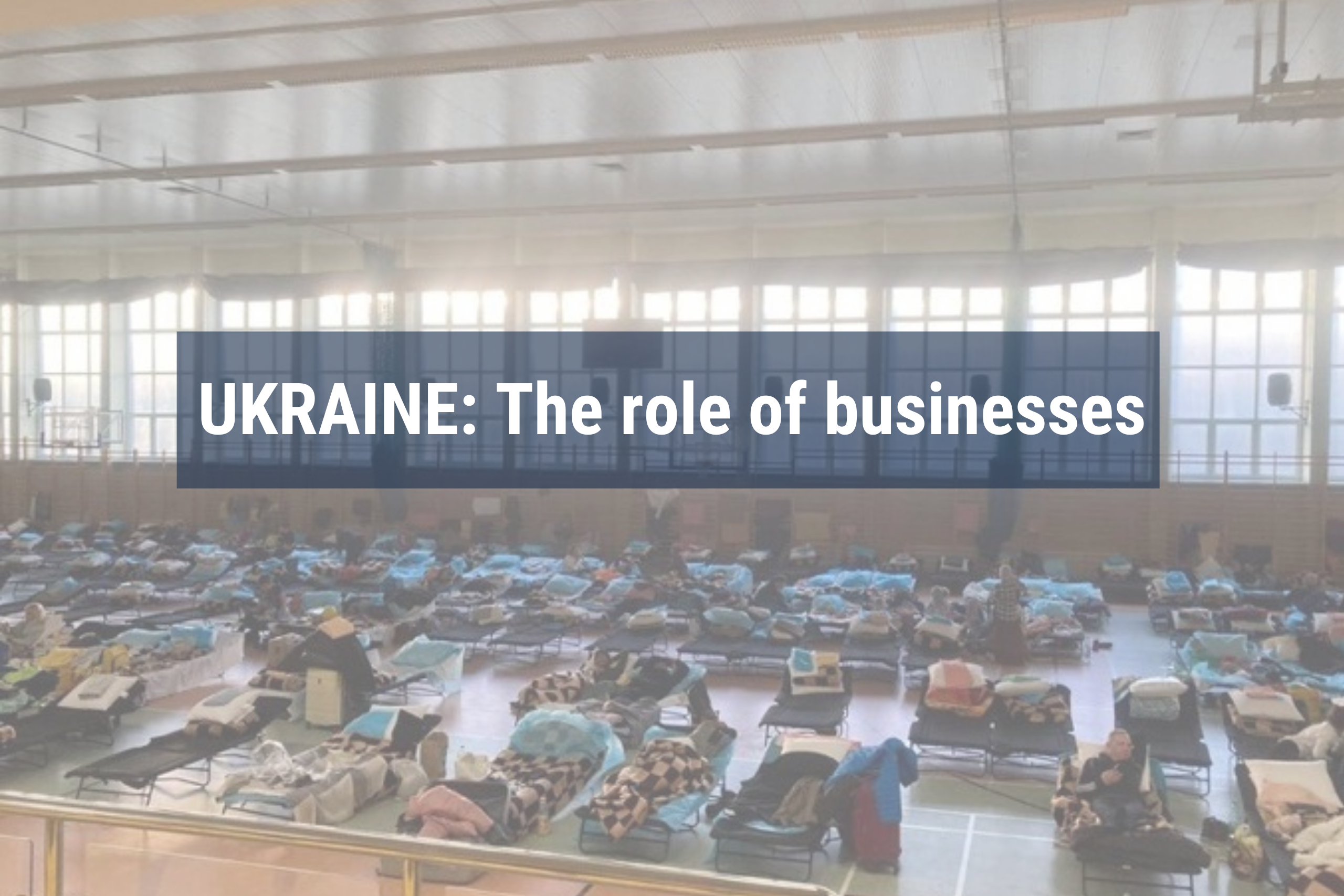
Media, Sustainability Governance
An Australian Showcase of Sustainable Leadership
UN Global Compact Network Australia | June 15, 2018
The Global Compact Network Australia (GCNA) is excited to announce the launch of the Australian Sustainable Development Goals (SDGs) website.
The website has been developed by the GCNA, with the support of the Australian Government’s Department of Foreign Affairs and Trade (DFAT), with an aim to provide Australia with a live and ongoing platform to centralise and showcase action being taken across government, business, civil society and academia to advance the SDGs in the Australian context.
A key initiative identified by attendees of the inaugural 2016 National SDG Summit, which was further reiterated at the follow up held in 2018, was the need for an Australian-based SDG website, which could function as a platform to centralise and communicate more broadly the Australian SDGs landscape.
The Australian community has certainly started on the road to addressing the goals. Much is going on at all levels of government – local, state and national – and within NGOs and the private sector. Leading companies on the Australian Stock Exchange and small are also showing the way in using the Goals as a framework for evaluating what they are currently doing and planning for the future.
The website will be officially launched at Sydney’s annual Vivid Festival as part of Banksia Ignite, a forum celebrating leadership in Australia in sustainable development. Intended to act as a long-term barometer for Australian action on the global goals, the site will continue to accept case studies on an ongoing basis leading up to and following the official launch, and will be a living snapshot of all the positive work Australian organisations are doing to help reach the Goals.
The SDGs are a set of 17 global goals adopted by the United Nations General Assembly in September 2015. These goals lay out the path to 2030 to end extreme poverty, fight inequality and injustice, and protect the planet.
Case study submissions already made to the website reveal that a significant number of Australia’s most influential organisations are demonstrating real leadership and action in the SDG space. To date, the website has received 87 case study submissions from a diverse range of organisations including leading universities, major city councils and government agencies, non-profit organisations and businesses.
Cate Harris, Acting Executive Director GCNA said “we’ve seen a fantastic response from some of Australia’s largest corporations, non-profits and governmental bodies who are responding proactively and using the Goals to create opportunities. With just over 4000 days to go, to meet the 2030 target of the Goals, the website will be one of the critical elements needed to help Australian organisations seek cross-sector collaboration and scale up solutions to advance the SDGs.”
“We’re hope that the platform will help spark and inspire new conversations, innovation, and create opportunities for people to push themselves beyond a ‘business as usual’ approach to the SDGs and accelerate our progress against them,” she said.
The official launch of the SDG website will take place at Banksia Ignite on Friday, 15th June at the Museum of Contemporary Art in Sydney.
Case study submissions to the site can be made here.
For all media enquiries, please contact:
Cate Harris, Acting Executive Director, GCNA m:0437507122
Available for interview: Cate Harris, Acting Executive Director, GCNA m:0437507122
Facts and figures:
- In September 2015, the UN General Assembly adopted the Sustainable Development Goals (SDGs) – 17 global goals which lay out a path to 2030 to end extreme poverty, fight inequality and injustice, and protect the planet
- The SDGs apply to all countries at all stages of development, including Australia
- While the SDGs are applicable to governments, there is a clear role for business and private sector action will be key to the success of each goal – through responsible business operations, new business models, investment, innovation and technology, and collaboration
- Australia will deliver its first Voluntary National Review (VNR) on the SDGs at the UN High Level Political Forum (HLPF) in July 2018. The VNR provides an opportunity to highlight Australia’s achievements, priorities and challenges — both domestically and internationally — in advancing the 2030 Agenda
- Any Australian organisation or business that is taking action on the UN’s SDGs is invited to submit their case studies at thesdgs.org.au/
Global Compact Network Australia (GCNA)
The United Nations Global Compact (UNGC) is the world’s largest corporate sustainability initiative, with over 9,000 business and more than 4000 non-business participants globally.
It is a call to action for business to operate responsibly by embedding the UNGC’s ten universal sustainability principles, related to human rights, labour, the environment and anti-corruption, into their organisational strategies and operations. It is also a call to action for businesses, in conjunction with other organisations and sectors of society, to take bold, innovative action to achieve broader global and societal goals, including the UN SDGs.
The UNGC is both a strategic, principles-based policy platform for demonstrating corporate sustainability commitment and leadership and a practical framework for businesses to implement sustainable, responsible policies and practices.
The Global Compact is localised through business-led country networks. In Australia, it is the Global Compact Network Australia (GCNA) that brings together signatories to the UNGC and other key stakeholders, in a platform for learning, dialogue, collaboration and influence around the sustainability agenda.
The GCNA’s membership includes some of Australia’s largest corporations, SMEs, civil society and academic institutions, to advance corporate sustainability and the private sector’s contribution to inclusive sustainable development, pursuant to the ten principles and subsequently, the framework for delivery of the principles, the SDGs.
For more information please visit: www.unglobalcompact.org.au



